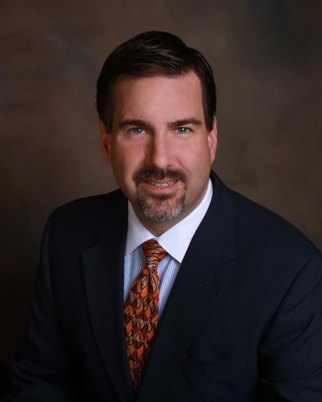July 15 and 16, I attended the Interdisciplinary Collaborative Law Training at the University of Florida Levin College of Law. While I relish any opportunity to return to law school, this trip was particularly helpful. Co-Sponsored by the Institute for Dispute Resolution and the Center on Children and Families, the Gainesville Collaborative Divorce team spent two full days reviewing the Who, what, when and where, as well as the hows and whys of Collaborative Divorce.
For almost 12 years as an attorney, I have always tried to work in a cooperative way with other lawyers. I find little is solved by acrimonious debate as harsh litigation tends to prolong litigation and impoverish the parties more than solve the issue at hand. While I have always tried to be cooperative, I have never been "officially" trained as a "Collaborative Attorney."
Not anymore. There are new tools in the shed. There are many more choices when considering divorce. Ask yourself, what is best for my family?
In law school at the University of Florida, Dean Richard Matasar stressed the collaborative process as a way to make the practice of law more fulfilling to attorneys. Many of us got into this practice because we want to help people; unfortunately, for many people, divorce is the most disagreeable practice in law. Dean Matasar taught many of his students that you don't have to be disagreeable when your opinion differs from the other side of the courtroom. Following his example, I have always tried to work with opposing counsel in a cooperative manner. Since completing the training program this summer, I am now officially trained in Collaborative Law practice.
I look forward to offering this new service in Collaborative Law in Divorce cases, as well as Guardianship cases. The Collaborative Process allows the parties to work out their issues with a trained professional, usually a Mental Health Counselor, a financial professional trained in divorce accounting and valuation, a mediator if necessary and two collaboratively trained attorneys, rather than litigating and leaving ultimate decisions to the Judge.
While the above listing of professionals involved may sound expensive at first blush, most participants in a collaborative divorce will agree that the process itself is more healing and conducive to protecting the parent to parent relationships necessary when children are involved. Also, in a litigated divorce, most professionals (Valuation, Accounting and Mental Health) will be duplicated as each side employs their own "hired guns" to best present their case. The Experts hired by each side will inevitably argue and reinforce their own opinions rather than working with all parties to facilitate a mutually beneficial result.
Collaborative Law may not be for everyone, but for many families with children, the process allows the parents to work out the best interests for their children rather than leaving it all up to the judge.
If you have questions, call me at 407-645-3297, or send an email to: aubrey@aubreylaw.com
I look forward to hearing from you.


Nice blog ! I find your blog very informative regarding some relevant topic.
ReplyDeleteOrlando financial planning